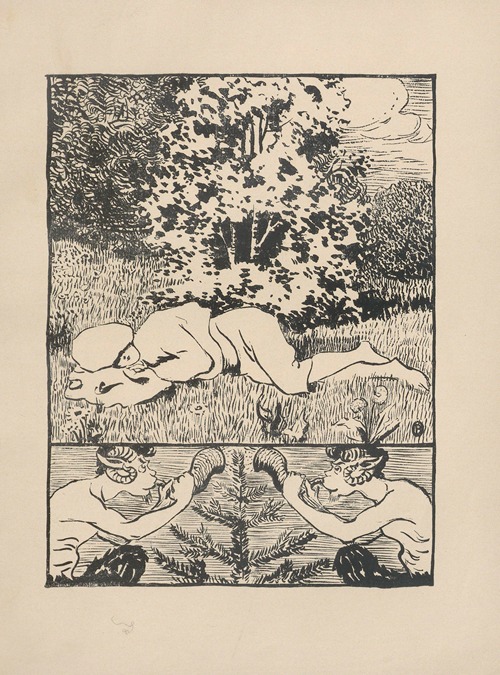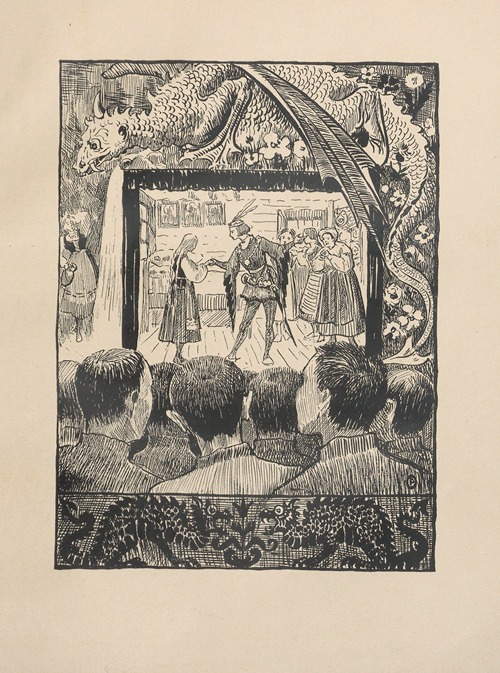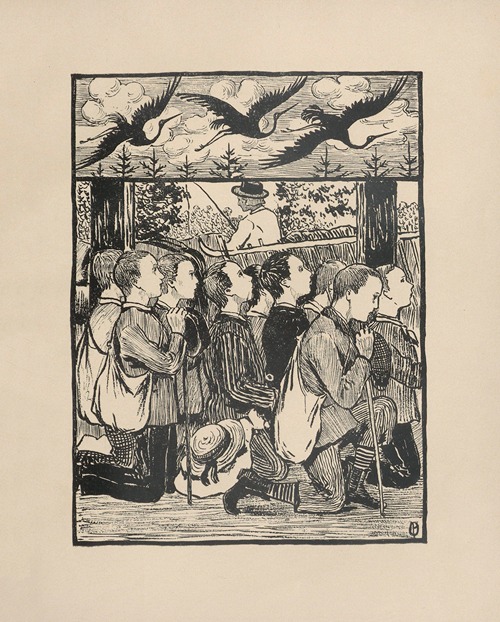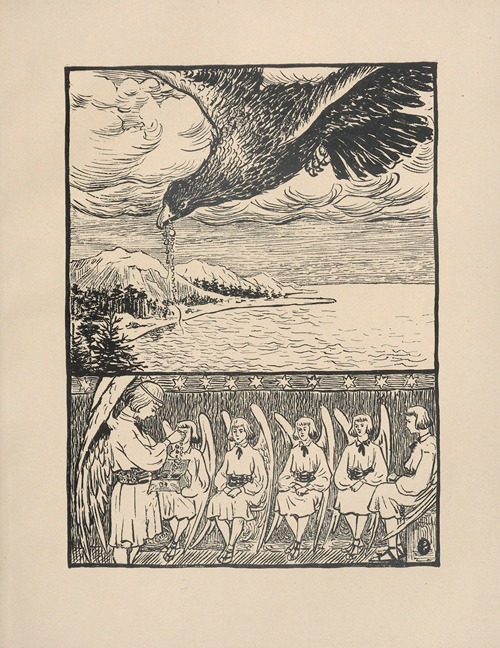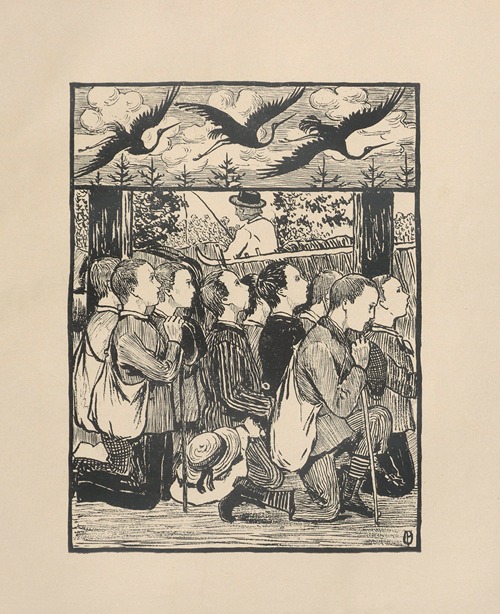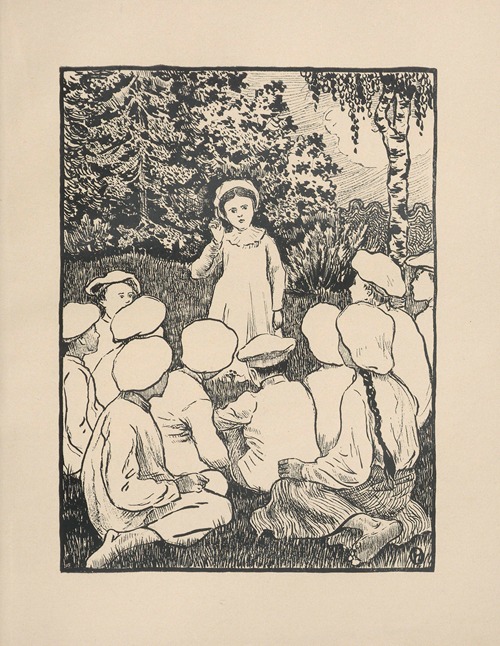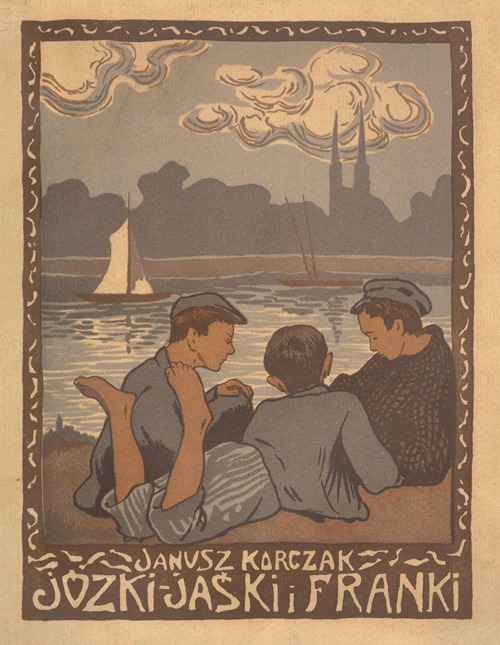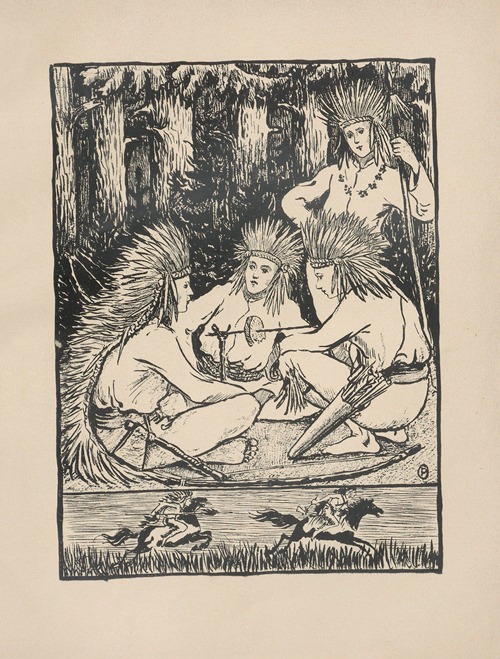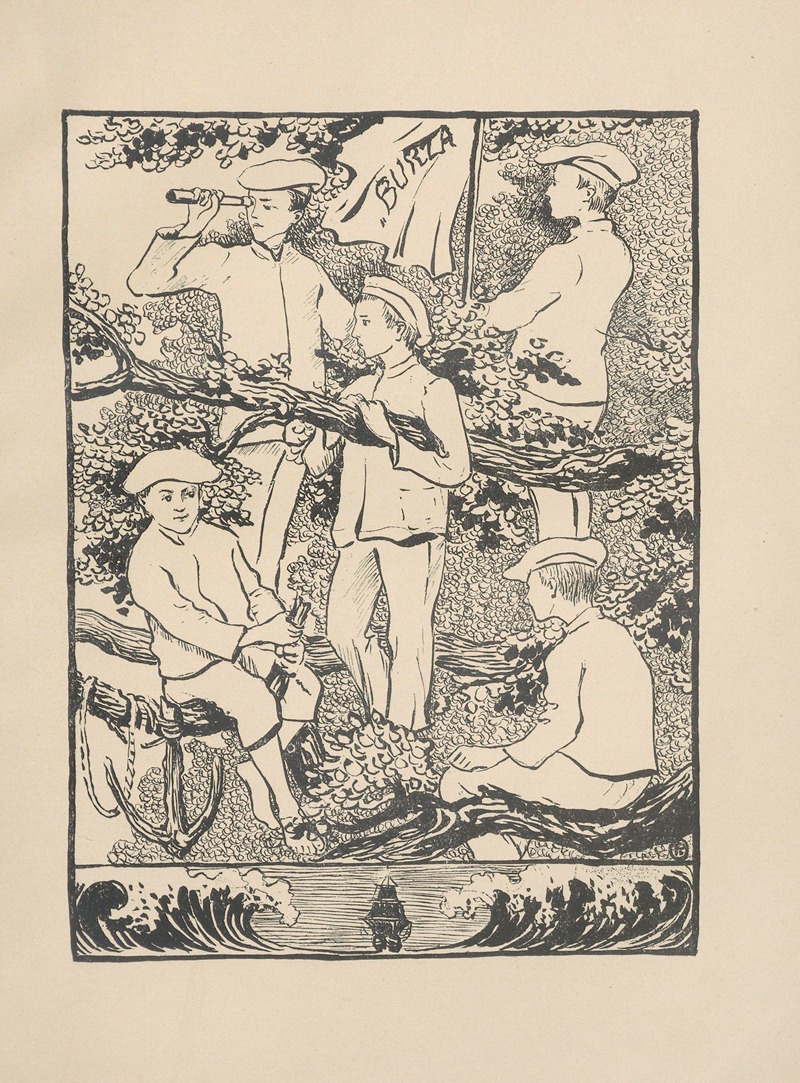
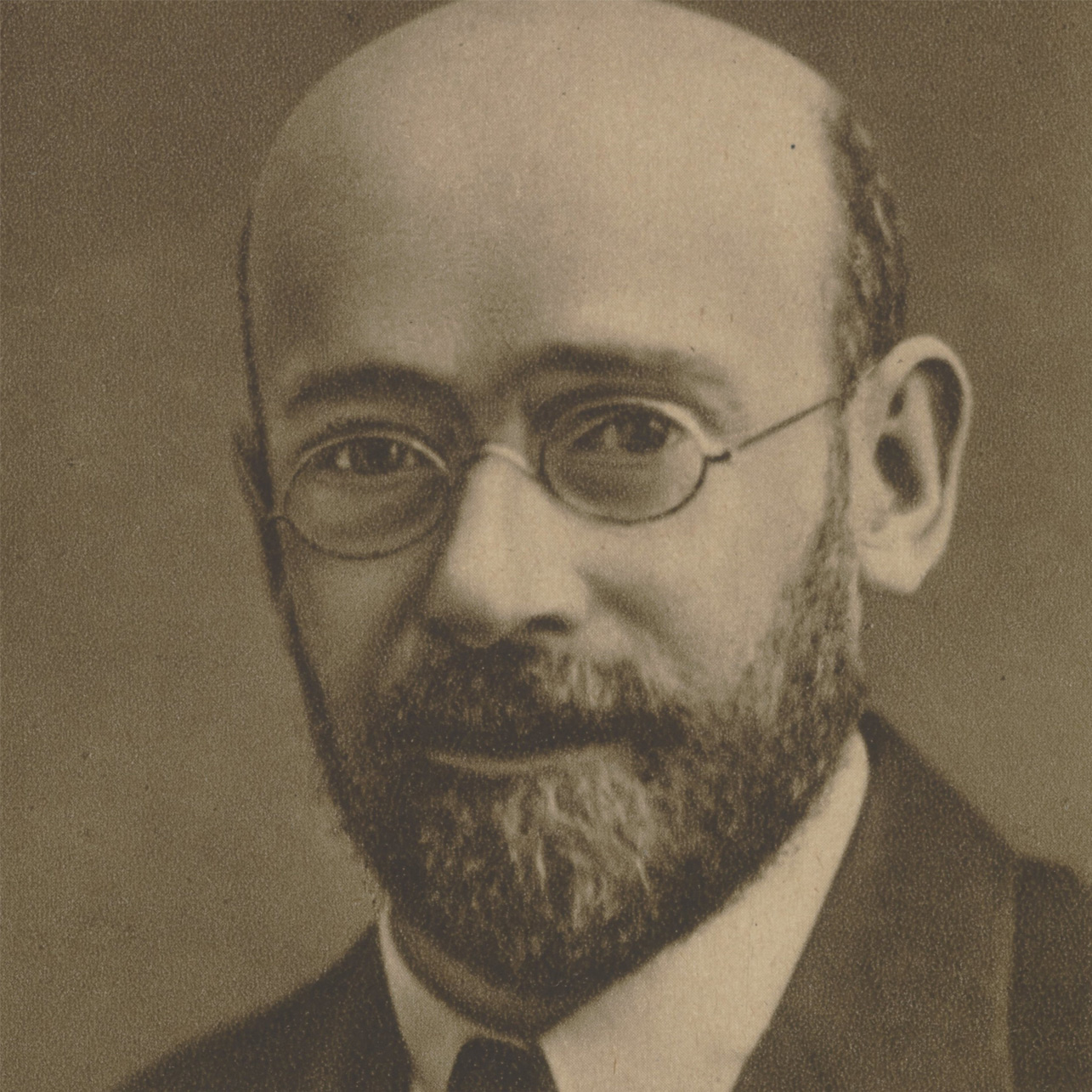
Janusz Korczak, the pen name of Henryk Goldszmit, was a Polish Jewish pediatrician, educator, children's author and pedagogue known as Pan Doktor ("Mr. Doctor") or Stary Doktor ("Old Doctor"). He was an early children's rights advocate, in 1919 drafting a children's constitution.
After spending many years working as a principal of an orphanage in Warsaw, he moved in with his orphans when the orphanage was forced to move to the ghetto, despite pleas from friends to flee the country. He was executed when the entire population of the institution was sent to the Treblinka extermination camp during the Grossaktion Warschau of 1942.
Korczak was born in Warsaw. He was unsure of his birth date, which is attributed to his father's failure to promptly acquire a birth certificate for him; his birth date is 22 July of either 1878 or 1879. His parents were Józef Goldszmit, a respected lawyer from a family of proponents of the haskalah, and Cecylia Gębicka, daughter of a prominent Kalisz family. His father fell ill around 1890 and was admitted to a mental hospital, where he died six years later on 25 April 1896.
In 1898, he used Janusz Korczak as a pen name in the Ignacy Jan Paderewski Literary Contest. The name originated from the book Historia o Janaszu Korczaku i o pięknej miecznikównie by Józef Ignacy Kraszewski. In the 1890s he studied in the Flying University. During the years 1898–1904 or March 1905 Korczak studied medicine at the University of Warsaw. He also wrote for several Polish language newspapers. After graduation, he served as a military doctor during the Russo-Japanese War. Subsequently, he became a pediatrician working at Bersohns and Baumans Children's Hospital in Warsaw, where he worked from 1905 to 1912. Meanwhile, his novels Children of the Street (Dzieci ulicy, 1901) Child of the Drawing Room (Dziecko salonu, 1906 ) gained him recognition as a writer.
In 1907 or 1909 (sources vary) he joined the Towarzystwo „Pomoc dla sierot” (Help for Orphans Society or Help for Orphans Association). There in 1909 he met Stefania Wilczyńska, his future close associate and long-time associate.
In 1911, he became a director of Dom Sierot [pl] (Orphan House) in Warsaw, an orphanage of his own design for Jewish children, which opened the following year.
During World War I, in 1914 Korczak was once again conscripted as a military doctor, serving near Kiev as surgeon in the Russian Army (with 4th Infantry Division) with the rank of lieutenant until 1917. At that time he also worked in orphanages near Kiev.
He served again as a military doctor in the Polish Army with the rank of major during the Polish-Soviet War (1919-1920), but after a brief stint in Łódź was assigned to Warsaw. In the Polish military he reached the rank of a major.
After the war, he continued his practice in Warsaw. In his 1919 book Jak kochać dziecko (How to Love a Child), written during the war, he defined three basic rights of the child: the right of today, the right of the child over its own death, and the right of the child to be what it wants to be.
In 1919 he cofounded the orphanage Nasz Dom (Our House). His orphanages taught democratic and civic values: they had their own parliament, a code of law with a court, and a newspaper.
During the 1930s, he had his own radio program, where he promoted and popularized the rights of children. The popularity of his books and radio show gained him literary recognition and widespread popularity; he was engaged in various activities, serving on boards of several organizations, and delivering public lectures.
Between 1934 and 1936, Korczak travelled every year to Mandate Palestine and visited its kibbutzim. In 1937 he reduced his involvement with Nasz Dom. A letter he wrote indicates that he had some intentions to move to Palestine, but in the end, he felt he could not leave his children behind.
In 1939, when World War II erupted, Korczak volunteered for duty in the Polish Army but was refused due to his age. When the Germans created the Warsaw Ghetto in October 1940, his orphanage was forced to move from its building, Dom Sierot at Krochmalna 92, to the ghetto (first to Chłodna 33 and later to Sienna 16 / Śliska 9). Korczak moved in with them, trying his best to keep the orphanage running. Together with his staff and pupils, they staged plays and concerts for the ghetto inhabitants. On July 18. 1942, Janusz Korczak decided that the children in the orphanage should put on Rabindranath Tagore's play The Post Office. This would be their last play.
Korczak's diary survived the war; the last entry in it is from August 4. On 5 or 6 (sources vary) August 1942, German soldiers came to collect the 192 orphans (there is some debate about the actual number: it may have been 196) and about one dozen staff members to transport them to the Treblinka extermination camp. Korczak had been offered sanctuary on the "Aryan side" by the Polish underground organization Żegota, but turned it down repeatedly, saying that he could not abandon his children. On 5 August, he again refused offers of sanctuary, insisting that he would go with the children, asserting his belief: "You do not leave a sick child in the night, and you do not leave children at a time like this".
After departing from Warsaw, Korczak was never heard from again. It is assumed he died there shorty after arrival. Until 2015 his legal date of death was May 9, 1946, which was the date Polish law set for all people presumed to have died during the war, but whose deaths were not officially documented. It was changed in 2015 to reflect the consensus among scholars about his death, and as not to distort the historical fact that he perished in The Holocaust.
